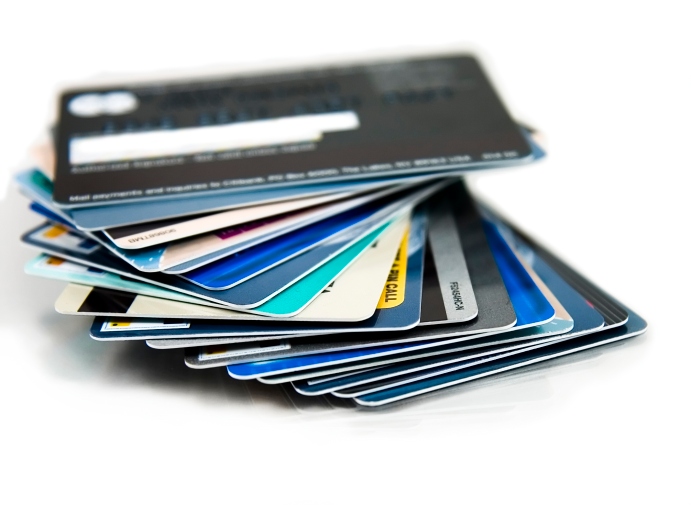Banking, finance, and taxes
What Is the Right Age to Get a Credit Card?
Published:
Last Updated:

According to the survey of 1,000 adults conducted on behalf of CreditCards.com, a subsidiary of Bankrate, the average response to the question of when a person should get a first credit card is at the age of 22. The median age was 21. Yet only 36% of millennials actually have a card.
CreditCards.com and Bankrate both make money by providing leads to credit card issuers, so it is safe to say that they have a dog in this hunt. The data is interesting regardless. For example, the survey indicated that:
- Nearly six in 10 (58 percent) poll respondents ages 18-29 said the first credit card should come by age 20. Just 23 percent of the respondents over 50 said cards should be acquired that early.
- Among all age groups, a large majority (82 percent) said that by age 30, you should have your first credit card. But there were a few holdouts: 7 percent said to wait until you’re in your 30s, 2 percent said to hold out until you’re over 40.
- Three percent volunteered that people should never get credit cards.
ALSO READ: Merrill Lynch Sees 3 Financials Beating Earnings Handily
On the rural-urban divide, opinions about when to get a first credit card differ wildly:
- Only 46 percent of Americans who live in rural areas said someone should get their first credit card before age 25, compared to 70 percent of Americans who live in urban and suburban areas.
- Rural Americans were also more likely to say you should never get a credit card, with 9 percent feeling that way compared with only 2 percent of urbanites and suburbanites.
Another thorn in the side of card issuers is the Credit Card Act of 2009 that requires a credit card applicant under 21 to have a job or an adult co-signer. A college student with a summer or term-time job may be able to get a low-limit card from some issuers.
CreditCards.com suggests a couple of reasons for the wariness millennials exhibit toward credit cards. First, many were hit hard by the financial crisis. Second, unprecedented levels of student debt may be making millennials cautious about adding even more to their monthly payments.
Let’s face it: If your money is just sitting in a checking account, you’re losing value every single day. With most checking accounts offering little to no interest, the cash you worked so hard to save is gradually being eroded by inflation.
However, by moving that money into a high-yield savings account, you can put your cash to work, growing steadily with little to no effort on your part. In just a few clicks, you can set up a high-yield savings account and start earning interest immediately.
There are plenty of reputable banks and online platforms that offer competitive rates, and many of them come with zero fees and no minimum balance requirements. Click here to see if you’re earning the best possible rate on your money!
Thank you for reading! Have some feedback for us?
Contact the 24/7 Wall St. editorial team.